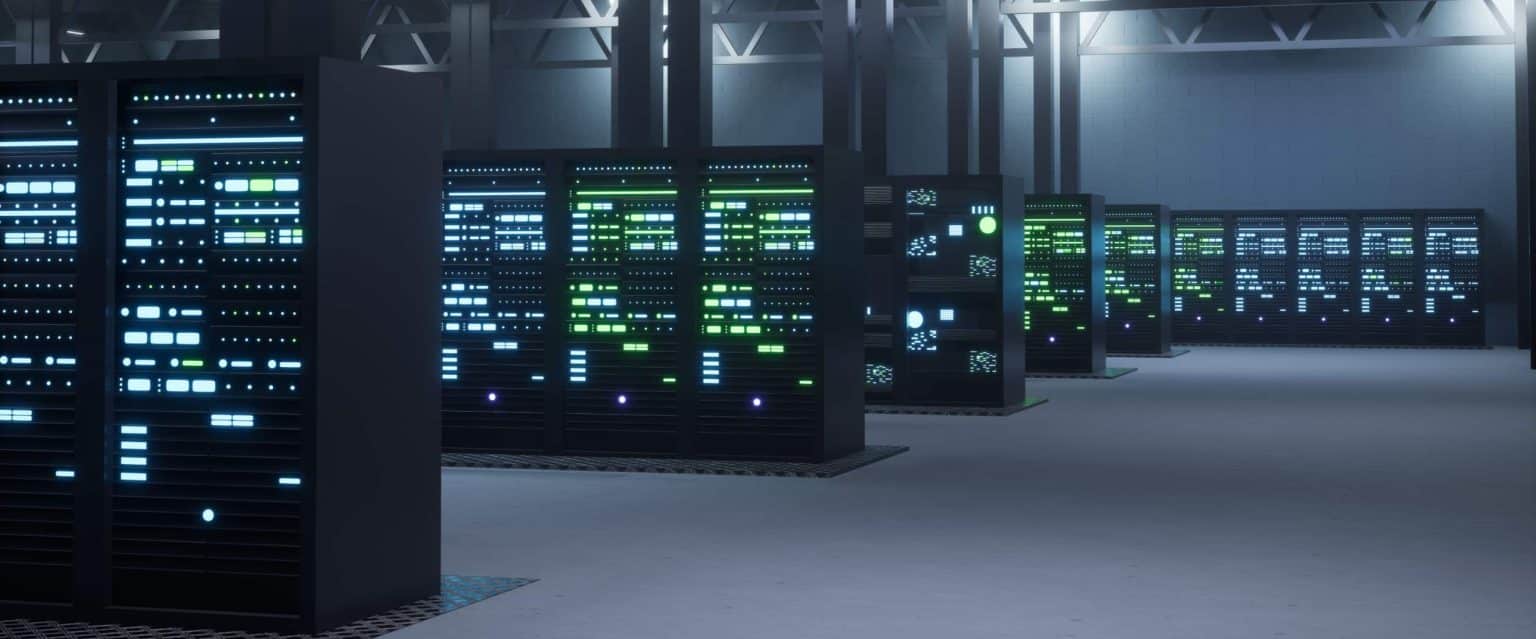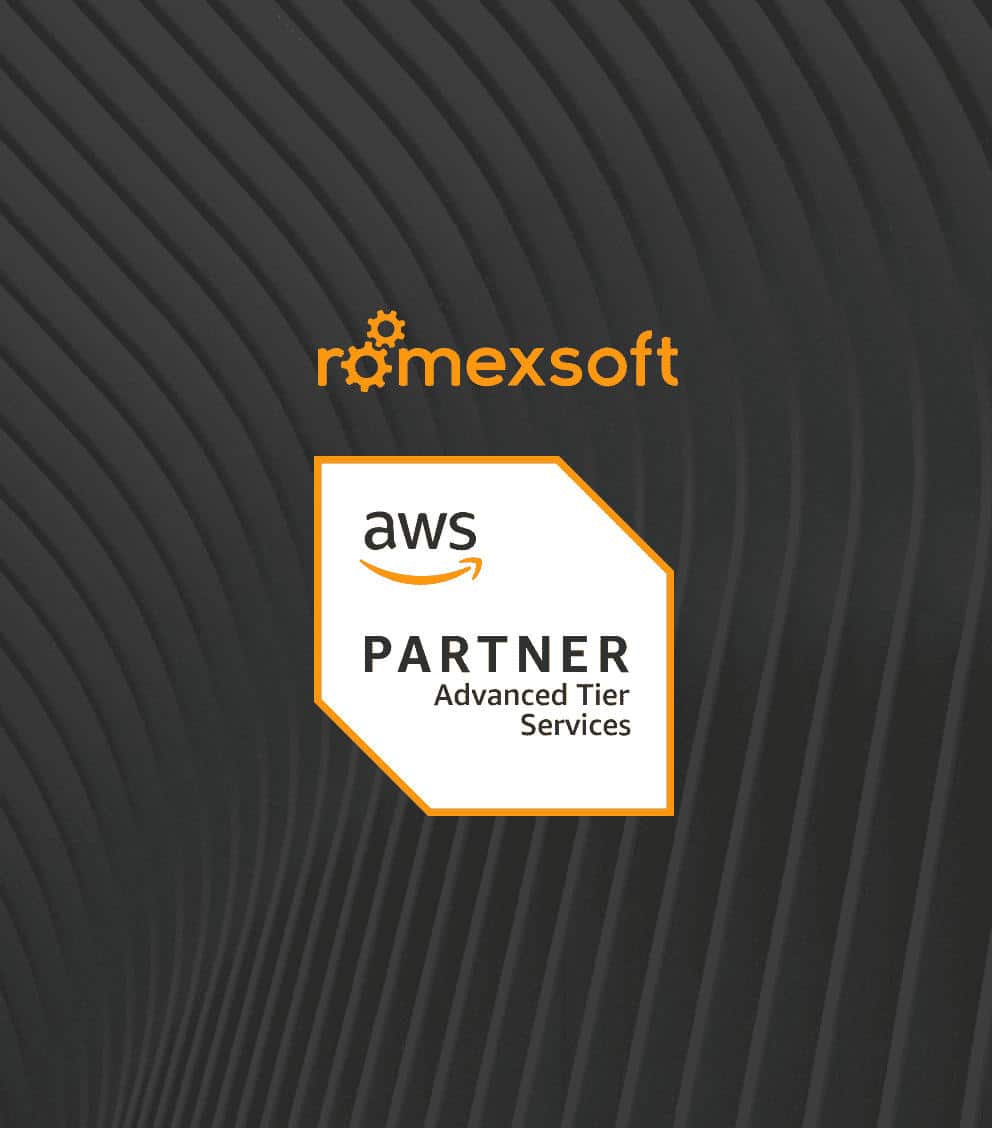
For modern infrastructures, cloud patch management is a cornerstone of both security and stability. This article provides a guide to the best practices for scaling cloud patching and helping organizations do it correctly. Here you will find a comprehensive explanation of how to effectively operationalize patch management in a dynamic cloud environment.
The blog gives an overview of:
- why a robust cloud patch strategy matters
- the main hurdles to patching dynamic, multi-cloud estates
- best-practice framework for scalable cloud patch management
- a step-by-step AWS patch lifecycle
- how to align DevOps and Security around patching

This article explains how to ensure the security of a data lake and why it’s essential to incorporate it from the planning stage onward. As threats continue to evolve, your security must be able to cope with the rising challenges, which will require thorough planning, solid foundations, and effective monitoring, auditing, and alert processes.
The blog gives an overview of:
- what a data lake is and why its security matters
- core data lake security domains
- the technical and compliance challenges in securing a data lake
- comparison of SDL and SIEM
- architecture-level and operational best practices for securing data lakes on AWS

A private cloud is a sensible choice for businesses that prioritize control, security, and cost predictability. Yet, achieving those requires the same automation discipline that hyperscalers use in their environments. Without it, many are bound to experience common Day-2 challenges: patch delays, scaling constraints, and fragmented toolsets, which soon hurt general performance and drive up costs. This article will shed light on the pitfalls of private cloud management, highlight benefits, and share proven best practices for creating a resilient private cloud environment.
The blog gives an overview of:
- principal Day-2 challenges in cloud management
- benefits of strong private cloud management
- best practices for efficient cloud operations
- 10-step model of resilient private cloud control

From this article, you’ll learn about the importance of a strategic approach to cloud transformation for keeping your system resilient and scalable as it grows with your business. We will cover the key differences between migration and transformation in the cloud, discuss the challenges you will face during these changes, provide real-life examples of how to resolve them, and share a five-phase transformation strategy.
The article covers:
- why having a transformation strategy matters
- migration vs transformation differences
- core modernization & transformation challenges
- real‑world success stories
- five‑phase transformation strategy
- transformation readiness self‑check questions

To ensure public cloud security, you must use a multi-layered approach that covers your system from every angle. This article explains how to do this step-by-step in the shared responsibility model context of public cloud. It also describes best security practices and lists AWS-native and third-party tools needed to strengthen defenses, increase visibility, and automate security in the public cloud. Finally, it explains threats you can face in the public cloud and how to evaluate if you need to upgrade your current security setup.
The blog gives an overview of:
- public cloud security mindset shift
- seven‑step security automation roadmap
- post‑migration threats
- public cloud security best practices
- key AWS security tools
- quick maturity self‑assessment

This article provides a detailed explanation of the steps that must be taken when migrating your on-premise system to the cloud environment on AWS. It explains the significance of each migration phase and how to prevent issues during it, as well as ensure long-term cost efficiency and performance.
The blog gives an overview of:
- key reasons to move from on-premises to AWS
- step-by-step AWS migration process
- common migration challenges and how to address them
- best practices for post-migration success
- AWS services and tools that can help during migration

API penetration testing is essential for uncovering real-world security risks, yet many organizations unknowingly rely on shallow, automated scans, which provide a false sense of security. This article helps technical decision-makers understand what effective, expert-led testing looks like, and why it’s key to their security. In this blog, you will find insights on what to look for in a proper API pentest and how to ensure it delivers real value.
This article encompasses the following:
- What API penetration testing is
- What the common gaps in API security testing are
- The steps of a real-world API pentest
- How results should be delivered
- When and why to perform testing

Network penetration testing is a strategic practice that moves beyond mere compliance as it validates your system’s real-world security posture and significantly reduces the risk of system vulnerabilities. When executed effectively, it inherently prepares your team for robust incident response. In this article, we share actionable insights on how to implement penetration testing to achieve these security outcomes.
The blog gives an overview of:
- key elements of a strong network pentest
- best timing and reasons to run a pentest
- what results and reports to expect
- how to prepare your team and systems
- common testing issues and how to fix them
- signs of a low-value pentest.



